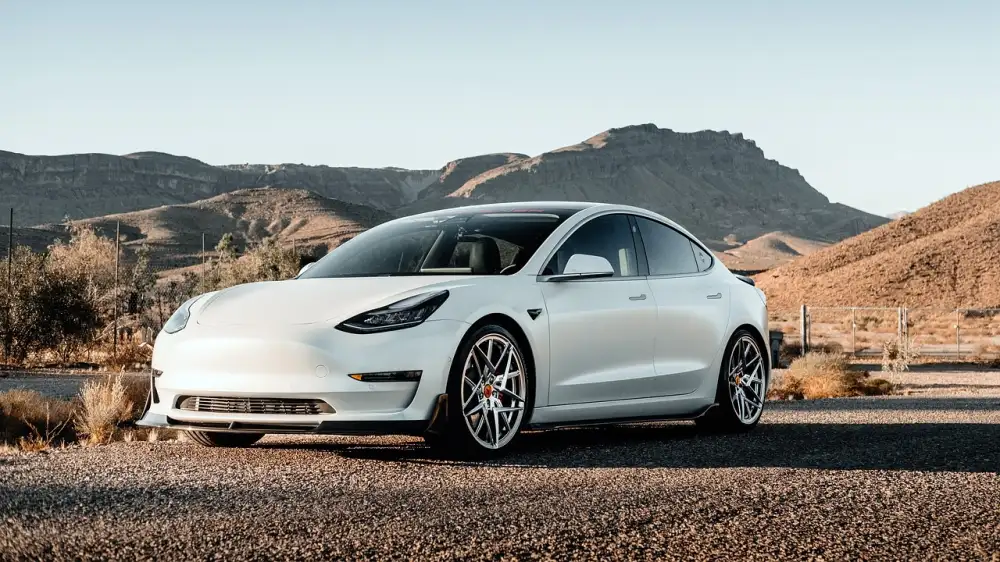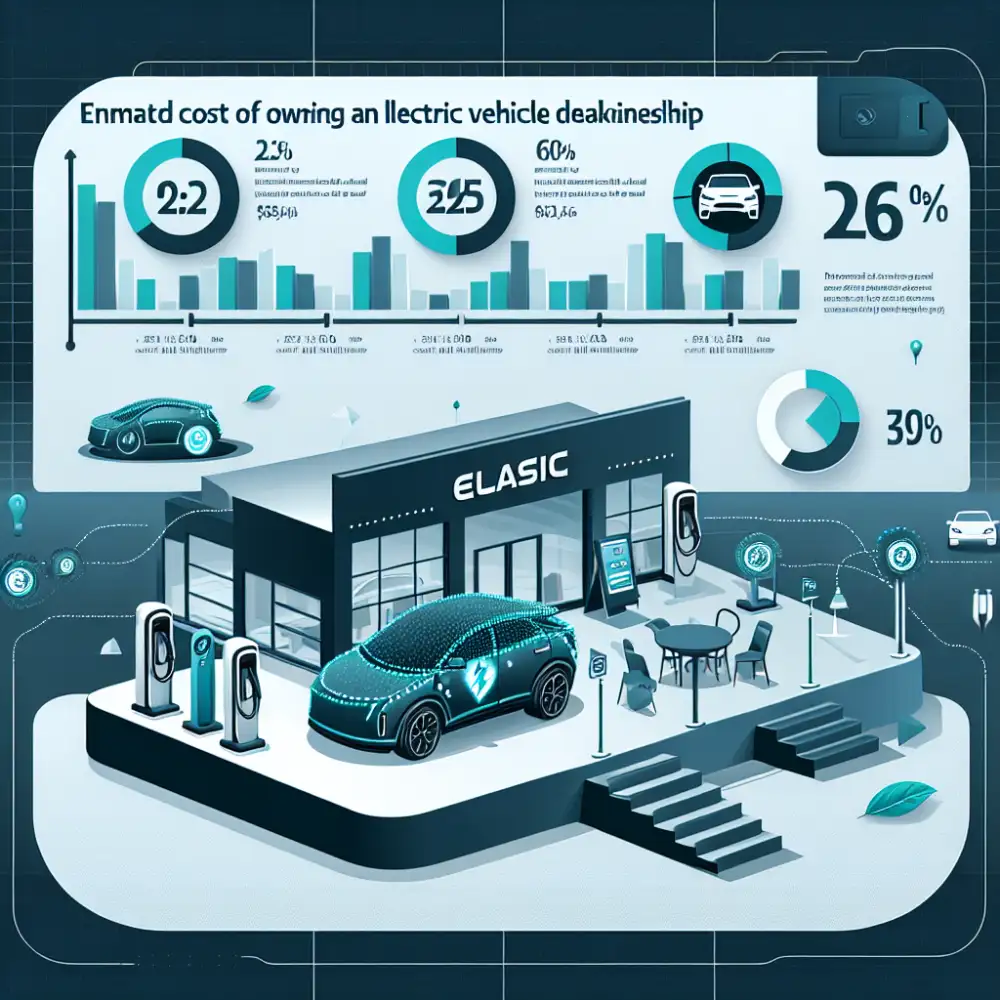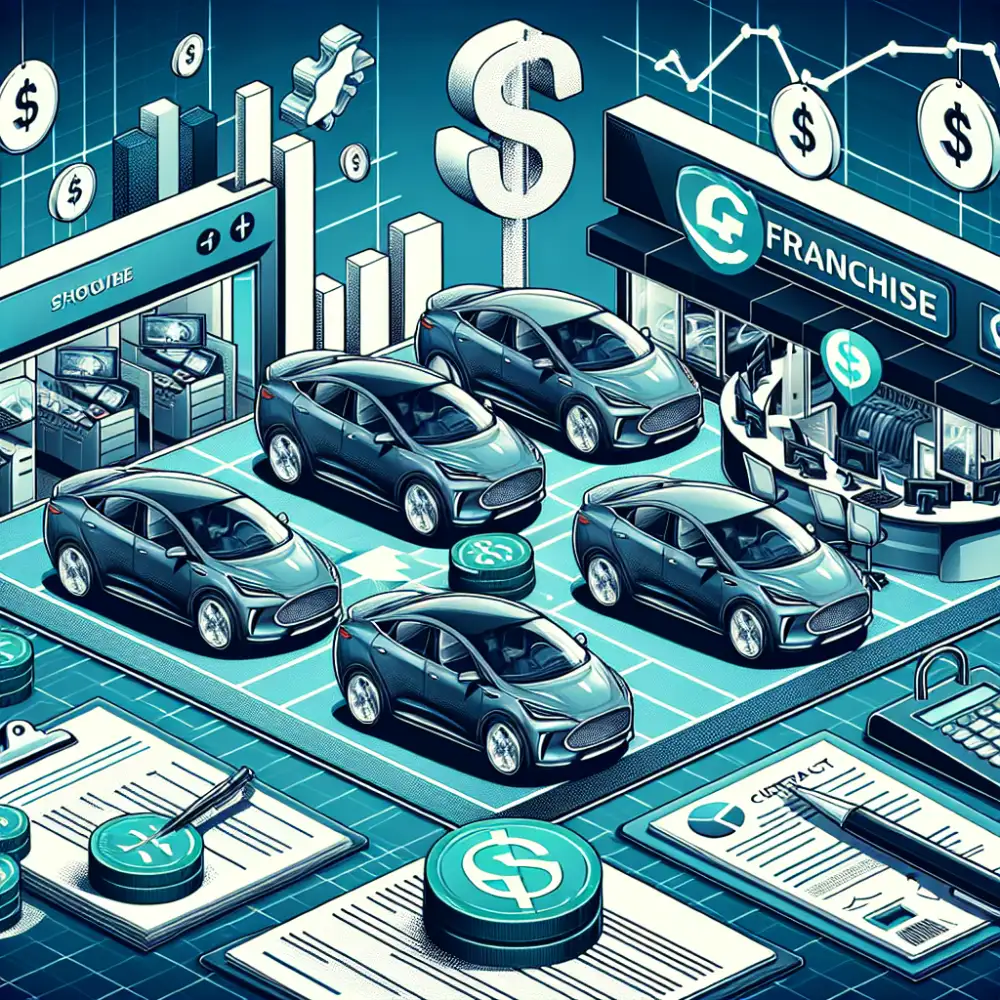Tesla Dealership Dreams: Can You Afford the Electric Ride?

Tesla's Direct Sales Model
Tesla's direct sales model has been a point of contention and curiosity within the automotive industry. Unlike traditional automakers who rely on franchised dealerships, Tesla sells its vehicles directly to consumers. This approach eliminates the need for franchise fees, which can be substantial for traditional dealerships.
While there's no upfront cost like a franchise fee with Tesla, establishing a traditional dealership involves significant investment. Costs include real estate, construction or renovation of a showroom and service center, purchase of inventory, hiring and training staff, and ongoing operational expenses. These costs can easily run into millions of dollars, making it a capital-intensive venture.
Tesla's direct sales model allows the company to control the entire customer experience, from purchase to service. This approach also allows Tesla to set its prices uniformly across all markets, avoiding the price discrepancies that can occur with franchised dealerships.
However, this model has also faced legal challenges in some states with laws prohibiting direct sales by automakers. Tesla has been engaged in legal battles to overturn these laws, arguing that they stifle competition and limit consumer choice.
While Tesla's direct sales model offers potential advantages for the company, it's important to note that it also comes with its own set of challenges. These include the need to build and operate its own retail and service infrastructure, manage customer relationships directly, and navigate the legal and regulatory landscape.
No Traditional Franchise Opportunities
Tesla's unique approach to sales and distribution has significant implications for those interested in traditional franchise opportunities. Unlike established automakers, Tesla operates on a direct-to-consumer model, meaning there are no independent dealerships. If you're dreaming of owning a Tesla dealership, you're out of luck. The company's vertically integrated structure eliminates the traditional franchise system.
This might seem counterintuitive in an industry built on franchises. Still, Tesla's strategy gives them control over the entire customer experience, from manufacturing to sales and service. While this approach has its advantages for Tesla, it eliminates the possibility of traditional franchise ownership. You won't find a Tesla franchise opportunity because they simply don't exist.
For aspiring automotive entrepreneurs, this means exploring other avenues within the electric vehicle market or considering franchises from other established automakers. The direct-to-consumer model allows Tesla to maintain brand consistency, control pricing, and collect valuable customer data. However, it also means that the dream of owning a Tesla dealership is unattainable.

Exploring Potential Future Options
While Tesla does not operate on a traditional franchise model, exploring potential future options regarding dealership structures can offer valuable insights for entrepreneurs and investors. Currently, Tesla manages all aspects of sales, service, and distribution through its company-owned stores and service centers. This approach provides Tesla with direct control over the customer experience and brand image.
However, as Tesla continues to expand globally, there have been discussions about the possibility of adopting a franchise-like system in certain markets. This approach could potentially allow for more rapid expansion and tap into local expertise. A franchise model could offer Tesla several advantages, including:
Accelerated Expansion: By partnering with franchisees, Tesla could leverage their existing infrastructure and resources to expand its reach more rapidly.
Reduced Capital Expenditure: Franchising would shift some of the financial burden of opening new locations to franchisees, freeing up capital for Tesla to invest in other areas.
Local Market Knowledge: Franchisees often possess valuable insights into their local markets, including customer preferences, competition, and regulations.
However, a franchise model also presents potential challenges:
Brand Control: Maintaining consistent brand identity and customer experience across a network of independent franchisees can be demanding.
Franchisee Relations: Building and managing relationships with franchisees require careful consideration and effective communication.
Profit Sharing: Franchising typically involves sharing a portion of profits with franchisees, which could impact Tesla's overall profitability.
It's essential to note that Tesla has not officially announced any plans to move towards a franchise model. The company's current focus remains on expanding its direct sales and service network. For entrepreneurs and investors interested in the automotive industry, understanding the complexities of Tesla's business model, including its potential future evolution, is crucial. While a traditional franchise opportunity with Tesla might not be on the horizon, staying informed about the company's strategic direction and industry trends is essential for identifying potential opportunities and making informed investment decisions.
Service Center Investment Costs
Tesla's business model differs significantly from traditional automakers, and that includes how they handle sales and service. Tesla doesn't operate on a traditional franchise model. You can't buy a Tesla franchise. Instead, Tesla sells its vehicles directly to consumers through its company-owned stores and website.
This direct-to-consumer approach eliminates the need for independent dealerships. Tesla handles all aspects of sales, service, and support through its own network of Tesla Centers and Service Centers.

If you're looking at the cost to "own a Tesla dealership," you're asking the wrong question. Instead, you should be thinking about the investment required to establish a Tesla Service Center.
While specific costs are not publicly available, the investment for a Tesla Service Center is substantial. Factors influencing the cost include:
Location: Urban or high-traffic areas come with higher real estate and construction costs.
Size and Scope: The size of the facility, the number of service bays, and the equipment needed all impact the overall investment.
Inventory: Tesla Service Centers maintain an inventory of parts, which represents a significant upfront cost.
Training: Tesla technicians undergo specialized training, and the company invests heavily in maintaining a skilled workforce.
It's important to remember that Tesla controls its service network entirely. They determine the location and number of Service Centers. There is no opportunity for individuals to own or operate a Tesla franchise or dealership in the traditional sense.
Alternative EV Franchise Options
Tesla's direct-to-consumer sales model has disrupted the traditional automotive franchise system. This approach has sparked debate about the future of car dealerships and the potential costs and benefits of alternative EV franchise models.
While Tesla operates its own stores and service centers, other EV manufacturers are exploring different paths. Some are partnering with existing dealership networks, leveraging their established infrastructure and customer base. This approach can offer advantages such as reduced upfront costs and access to a wider market reach. However, it also presents challenges in terms of maintaining brand identity and controlling the customer experience.
Another emerging trend is the rise of online car sales platforms. These platforms act as intermediaries, connecting buyers and sellers and streamlining the purchasing process. They often offer a wider selection of vehicles, competitive pricing, and convenient delivery options. For EV manufacturers, partnering with online platforms can provide a cost-effective way to reach a broader audience without the overhead of traditional dealerships.
Furthermore, some EV startups are experimenting with innovative franchise models. These models may involve smaller, more specialized dealerships that focus on providing a premium customer experience. They may also incorporate digital tools and technologies to enhance the sales and service processes.
The cost of owning a Tesla dealership is not publicly available as Tesla operates its own retail and service locations. However, it's important to note that traditional franchise models typically involve significant upfront investments, including franchise fees, real estate costs, inventory financing, and ongoing operating expenses.

The evolving EV market is driving innovation in franchise models. While the traditional dealership system may undergo transformations, alternative options are emerging, offering both opportunities and challenges for manufacturers and entrepreneurs alike. As the EV market matures, it will be interesting to observe how these franchise models evolve and shape the future of automotive retail.
Published: 22. 06. 2024
Category: Food



